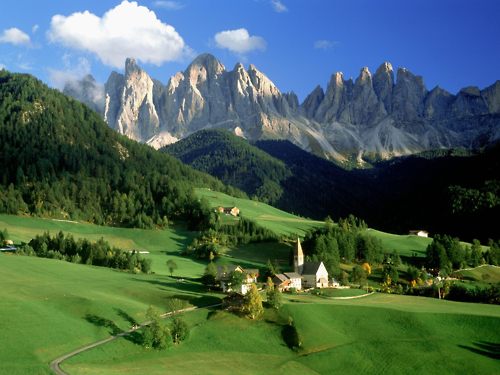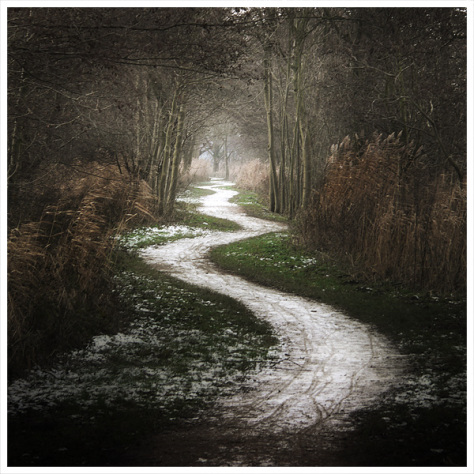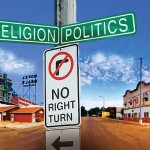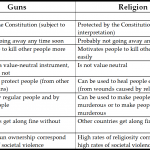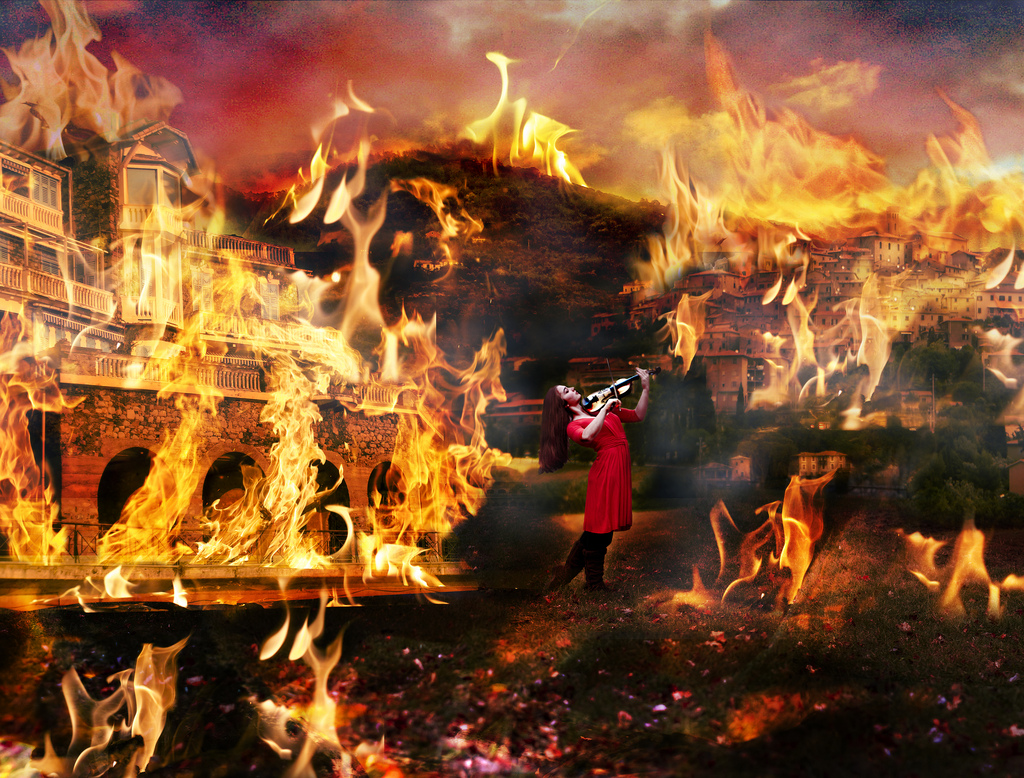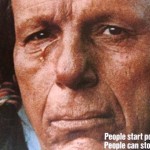I think I may be suffering from a case of “The grass is always greener” syndrome — religiously speaking.
This all started a week ago Saturday.
No, actually, it’s been going on for years. But last Saturday is a good starting point. We went hiking as a family at the dunes on the southern shore of Lake Michigan. The Indiana Dunes National Lakeshore is one of the most diverse bioregions in America. The park is comprised of over 15,000 acres of dunes, oak savannas, swamps, bogs, marshes, prairies, rivers, and forests, plus 15 miles of Lake Michigan shoreline. I felt alive again.
And then I went to church on Sunday. My family had gone to the Mormon church and I went to the Unitarian church, as is my custom. I had planned on going to first session of the adult education program, “Building Your Own Theology“, before the main service. But I couldn’t bring myself to go. I’d had enough of theology. I needed experience. And when it came time to go to the main service, I found myself dragging my feet. I shouldn’t have gone. I should have gone back to the forest, or sat in my backyard, or found some new secret spot where I could hold that feeling again, where I could scoop the shining life right out of the air with my hands and hold it to my lips, drinking deep. I should have followed the Unitarian minister, John Trevor, who wrote in 1897:
“One brilliant Sunday morning, my wife and boys went to the Unitarian Chapel in Macclesfield. I felt it impossible to accompany them—as though to leave the sunshine on the hills, and go down there to the chapel, would be for the time an act of spiritual suicide. And I felt such need for new inspiration and expansion in my life. So, very reluctantly and sadly, I left my wife and boys to go down into the town, while I went further up into the hills with my stick and my dog.”
And Trevor was rewarded for following his instinct with a spiritual experience which William James found moving enough to record in his Varieties of Religious Experience (1902).
I should have followed John Trevor into the woods.
Instead, I went to church. The service, it turned out, consisted of a lecture — and I use that word deliberately — on centering prayer. To be fair, I was already in a mood before I got there. But the lecture did not help. It was all intellectualization. Sure, it was about a spiritual practice. But rather than being evocative, it was purely informational. Even the music, which often is the best part of the service, seemed discordant to me that day. It was all I could do to keep from fleeing out the back door. And that is just what I did as soon as the service was over.
It was clear to me when I got home that I needed a different kind of religious experience. I thought about a friend of mine who attends the Unitarian church with me who described being moved to tears when she took communion at a Christian church she used to attend. So, I got online and looked for a church. I wanted to find a religious service with high ritual and minimum of preaching. I didn’t particularly want a Christian service, but I’ve been reading about Jung’s appropriation of Christian symbolism, and I thought, if he can find “psyche” in God, “individuation” in Christ’s passion, and the “Great Mother Goddess” in Mary, then so can I.
I settled on a Greek Orthodox church. I’ve been curious about Eastern Orthodoxy for a while, ever since hearing Krista Tippett’s interview of Vigen Guroian on NPR’s On Being, entitled “Restoring the Senses: Gardening and the Orthodox Easter”:
“Tippet: Eastern Orthodox theology is experiential, sacramental. Its liturgies engage all the senses with incense, icons, and lush hymnody. Ancient rituals are understood in themselves to convey biblical truths and transcendent realities. […]
“Guroian: Human beings are not simply oriented by one sense or two senses. They’re, they’re oriented by several senses. And so in order for the human being to be wholly engaged, all of those senses ought to be at work. One of the jobs of a Christian is to, in point of fact, hone the senses, reform the senses, make them holy. And that process can take place within a church, certainly, where everything is focused on God. So that the incense appeals to the sense of smell. The whole body is involved, the kneeling, the prostration on the ground, on the floor, the images that one sees, the songs that one hears. And that engages the whole human being. Well, that’s consistent with the Christian belief in the bodily resurrection, the whole self, not just some disincarnate soul.”
Fortunately, where I live, I have my pick of Orthodox churches. I still planned on going to the Unitarian church regularly, but I wanted to supplement it with a different kind of experience.
The next Sunday, we all got ready to go to the Greek Orthodox church. We dressed in our Sunday best and arrived 10 minutes early … or so I thought. As we pulled into the parking lot, I noticed that no one was going in. I checked the time, and realized we were 20 minutes late! We could have still gone in, but I didn’t want to interrupt their most sacred service of the week.
So, we headed over to the Unitarian church, which we were early for. I was frustrated. I felt devastated in fact, all out of proportion to the circumstances, I suppose. After all, we could just go back the next week. But I had been looking forward to this visit to the Orthodox church, and I had thought the universe was leading me in that direction. It felt like defeat to turn around and head to the Unitarian church. It wasn’t fair to my Unitarian c0-congregants and all that they do to make the service there be all it can be. Nevertheless, when I walked into the Unitarian meeting hall that morning, it was with a deep ambivalence.
But things took turn for the better in “Spirit Circle” discussion group which precedes the main service. One of the members, whose opinions I have a lot of respect for, started talking about his own frustration that the church seems like a community of special interest groups and his desire to see the church become a real community, where the separate groups are more like different expressions of a shared vision. Another member, whose comments also often resonate with me, described her frustration that the church service does not help us connect with a sense of mystery. “Direct experience” of a “transcending mystery and wonder” is, after all, the first of Unitarianism’s “Six Sources”. But while we talk about spirituality in the Unitarian church, but we don’t practice it — at least not together. What ritual Unitarians have is good for horizontal communion, but not so much for vertical communion. It binds us together as a community perhaps, but does not connect us to that which transcends us all.
It was a relief to be in the Spirit Circle. I really needed to hear that others shared my frustration. And I was grateful again for the community that Unitarianism has given me. It is the home for those who cannot go elsewhere, but must go somewhere. At the same time, I was frustrated by the comments of others in the group who, in response to my expressed desire for more feeling and ritual, raised fears of “snake handling” and “ceremonial fetishism”. I understand that, from their perspective, the Unitarian church is the only place left to them where they can be free of God-talk and empty ceremony. Their attitude is: If you want those things, there are thousands of other denominations you can go to. And they are right.
Still I can’t help but think that Unitarianism can be more than it is. I have written written about my frustrations with Unitarianism before in a post entitled “Why Unitarians Can’t Dance”. There I wrote that what I hoped to find in UUism was an alternative, not only to fundamentalism, but also to secularism. Unitarianism represents the promise of that alternative, but not its reality. In another post, “‘One needful thing’: What’s missing from Unitarianism”, I wrote about 19th century Unitarians who felt the same way, including William Ellery Channing, Theodore Parker, Emerson, and John Trevor. Channing, himself the unofficial founder of Unitarianism, expressed his wish “to see among Unitarians a development of imagination and poetic enthusiasm, as well as of the rational and critical power”, but he felt than Unitarianism suffered from “a heart-withering philosophy” and “a too partial culture of the mind”. He concluded, “I fear that we must look to other schools for the thoughts which thrill us, which touch the most inward springs, and disclose to us the depths of our own souls.” It seems to me that very little has changed for Unitarianism since the 19th century. Unitarianism survives, I think, only because it functions as a refuge and way-station for the religiously uprooted — although I thank the universe for it.
But then, just a week after writing that post on what Unitarianism lacked, I was moved to reconsider my harsh judgment after participating in a beautiful infant dedication performed by our new liturgically-radical minister.
While I sat in the main service this past Sunday, I found myself thinking back to the that dedication. I also thought about the times we gotten up out of the hard wooden pews which were built in the 19th century and swayed together to African spirituals. I thought how I have been nearly moved to tears by the playing of our incredibly talented music director. I thought about the beauty and simplicity of our chalice lighting and chalice extinguishing rituals. Yes, we have brushed up against that sense of “transcending mystery and wonder” at times.
And I thought about the first time I attended the Unitarian church. I remembered how it felt like a home-coming. I thought about how it felt like a refuge from the supernaturalism and literalism of the Christianity I was escaping. And I thought how ironic — and perhaps hypocritical — it was for me, who had left my religion of origin because I could not literally believe its doctrines, to now be insisting that religion should be about, not reason and critical judgment, but feeling and poetry.
But mostly, I thought about how I wanted more — more ritual, more enthusiasm, more devotion, more poetry. (And yes, I want it without the supernaturalism and literalism.)
Coincidentally, the service that Sunday was organized by the “Poetry, Prose, and Potluck” group and consisted of several poetry readings. Two of them — the first and the last — stood out to me, since together they captured both my hope and my despair about Unitarianism. The first came from the foreword to Robert Bly’s poetry anthology, The Rag and Bone Shop of the Heart:
“While our European-American tradition questions and argues, and has to teach poetry to sullen students in English classes, other cultures speaking Spanish, Russian, Arabic to say nothing of the many tongues of Africa and the Indian subcontinent, grow up inside poems – drenched through with poetic metaphors and rhythms. As we learn to criticize, to take a poem apart, to get its meaning, they learn to listen and to recite. By drawing this sharp contrast with other cultures, we are pointing to a defect in ours. We live in a poetically underdeveloped nation.”
How apropos for a Unitarian congregation, I thought. It echoed a comment from John Beckett to one of my recent posts in which I asked if it was possible to find a transformative religious experience in a liberal religion like Unitarianism. Beckett (himself a Unitarian Pagan) responded, “Sadly, no. It’s too rational, and too eager to cut open the goose of religious experience to see where it comes from, with the usual results. Individual Unitarians can find transformative religious experience – I’m one of them. But we find it in spite of our liberal religion, not because of it.” And yet, on this Sunday at least we were having a poetic service, and someone — a scientist no less — had found Bly’s words relevant enough to share them with the congregation.
Then at the end of the service, a friend of mine got up to read “The Calf-Path” by Sam Walter Foss. She explained she had been inspired to read this poem after having read about federal Judge Edward Korman’s attitude toward legal precedent. “The law depends on precedent,” Judge Korman said, “but I think judges don’t stop often enough to think about whether the path should be followed. I try and straighten the calf’s path.” The “calf’s path” is a reference to Foss’s poem about how a crooked path is made by a wayward calf and ends up becoming a major thoroughfare followed by thousands over centuries.
The poem begins:
One day, through the primeval wood,
A calf walked home, as good calves should;
But made a trail all bent askew,
A crooked trail as all calves do.
Since then three hundred years have fled,
And, I infer, the calf is dead.
But still he left behind his trail,
And thereby hangs my moral tale.
The poem continues to tell how generations of people followed that path until it became a major street in a metropolis. The poem ends:
For thus such reverence is lent,
To well established precedent.
A moral lesson this might teach,
Were I ordained and called to preach;
For men are prone to go it blind,
Along the calf-paths of the mind;
And work away from sun to sun,
To do what other men have done.
They follow in the beaten track,
And out and in, and forth and back,
And still their devious course pursue,
To keep the path that others do.
They keep the path a sacred groove,
Along which all their lives they move.
But how the wise old wood gods laugh,
Who saw the first primeval calf!
This is a perfect poem for iconoclastic Unitarians. But I also found it tragic. I know that the intent of the poem is to make us question the justice and efficacy of tradition, which is a good thing. But I think Unitarians are too ready to straighten all the calf paths of the world. Though I usually find myself in sympathy with my friend’s sentiments, on this occasion I regretted her reading selection. I think that something is often lost when we straighten all the crooked lines. What vistas, what experiences, do we miss out on? Pagans, I think, understand this. Sometimes the straightest path between us and the divine is a crooked line. It seems to me that it is the Unitarians and other path-straighteners of the world who Foss’s “wise old wood gods” mock! I, for one, would like to unstraighten the path that Unitarianism has been following since the days of William Ellery Channing. “There is one thing needful to Unitarians,” wrote John Trevor in in 1897, “God alone knows what it is, but he does not tell them. Is it for want of their asking?” Perhaps we might find it along the calf path.

